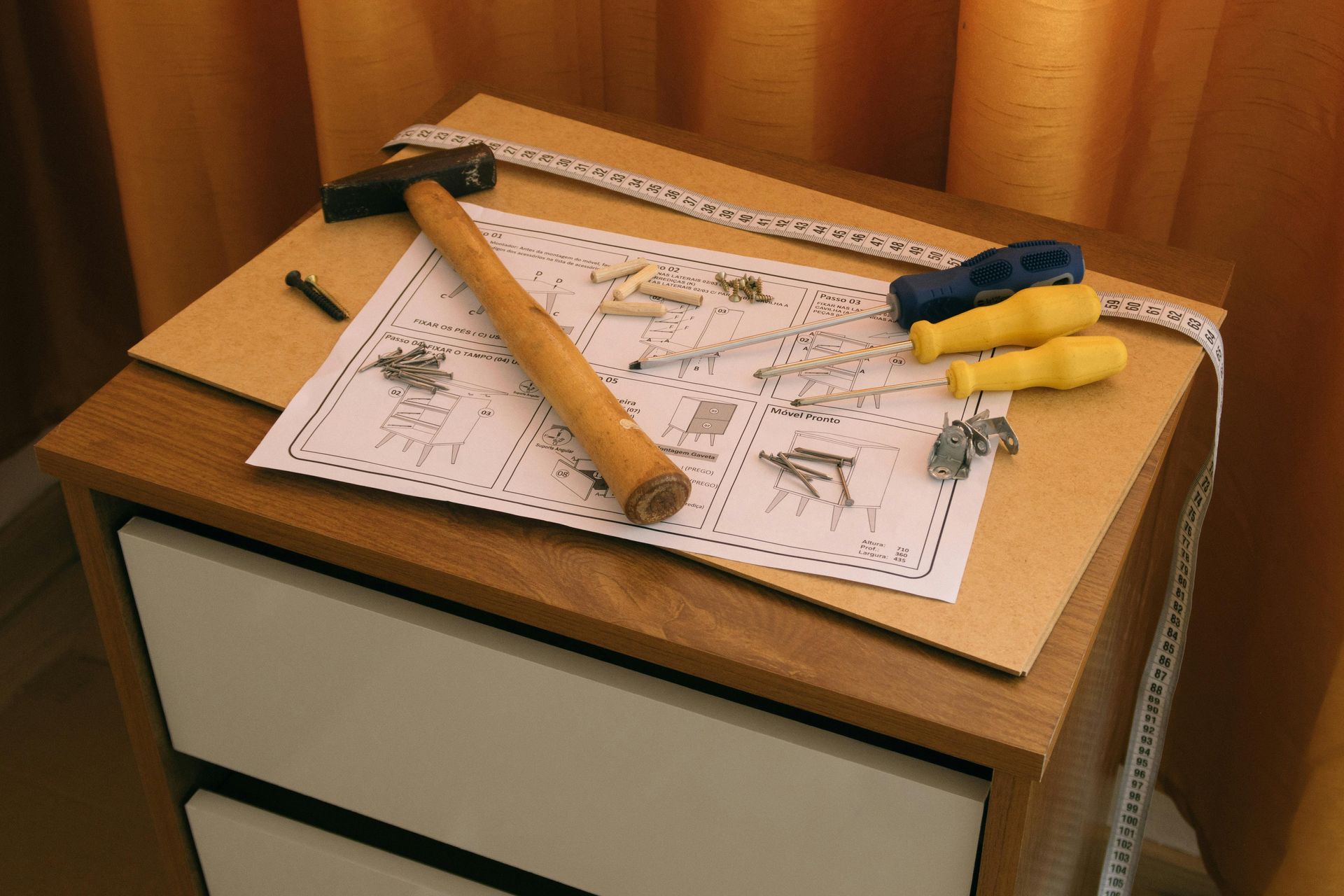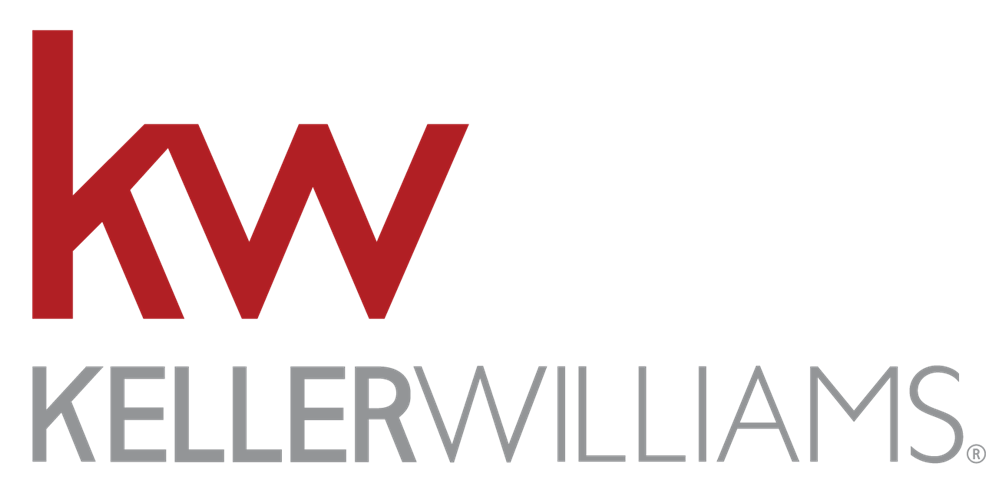Real Estate Still Holds the Title of Best Long-Term Investment
With the current buzz around fluctuating home prices and rising mortgage rates, many potential homebuyers are left wondering if it's the right time to purchase a home or if renting is a more viable option. Here's some reassuring information: investing in a home remains a powerful and wise decision.
Real Estate: A Top Long-Term Investment
According to Gallup, real estate has been voted the best long-term investment for 12 consecutive years. This enduring preference for real estate investment outshines other options like gold, stocks, and bonds. But why does real estate continue to dominate as a preferred investment choice?
Stability and Predictability
One of the main reasons real estate remains a top long-term investment is its stability and predictability. Unlike other investments, which can be akin to a rollercoaster ride with unpredictable ups and downs, real estate generally follows a positive and steady growth trajectory.
Historical Appreciation
Historically, home values tend to rise over time. While there may be fluctuations in the short term, the overall trend points to appreciation in value. This appreciation helps homeowners build significant wealth over time. As noted by Realtor.com, "Homeownership has long been tied to building wealth—and for good reason. Instead of throwing rent money out the window each month, owning a home allows you to build home equity. And over time, equity can turn your mortgage debt into a sizeable asset."
Building Equity
One of the most compelling reasons to buy a home is the ability to build equity. Each mortgage payment contributes to your equity, effectively converting your monthly expenses into a growing asset. Over time, as you pay down your mortgage and your home's value appreciates, your equity increases, providing a substantial financial cushion and a potential source of funds for future investments.
Wealth Creation
Real estate offers a unique opportunity for wealth creation. The combination of steady appreciation, building equity, and the ability to leverage your home’s value makes it a powerful tool for financial growth. Many homeowners find that their property becomes a significant part of their net worth, offering both financial security and potential for future investment opportunities.
Lower Risk
Compared to other types of investments, real estate is less susceptible to the day-to-day fluctuations of the stock market and global economic events. This lower volatility provides a sense of security, knowing that the value of your property is less likely to experience drastic changes in a short period.
Inflation Hedge
Real estate is often considered an excellent hedge against inflation. As the cost of living rises, so do property values and rental incomes. This means that your real estate investment can maintain or even increase its value over time, providing a safeguard against the eroding effects of inflation [4].
Tax Benefits
Investing in real estate comes with various tax benefits that can enhance your overall return on investment. Homeowners can take advantage of deductions for mortgage interest, property taxes, and other expenses. Additionally, capital gains on the sale of a primary residence can often be excluded from taxable income, subject to certain conditions [1].
Steady Income Potential
For those who choose to rent out their properties, real estate offers the potential for steady rental income. This income can not only cover the mortgage payments but also generate positive cash flow. Over time, as rental rates increase, this income stream can become a significant source of passive income.
Bottom Line
When it comes to building long-term wealth and financial security, real estate remains a top contender. Its combination of predictable growth, historical appreciation, equity building, lower risk, inflation protection, tax benefits, and steady income potential makes it an attractive option for investors. If you're ready to embark on your journey toward homeownership or expand your real estate portfolio, now might be the perfect time to connect with a local real estate advisor.
Sources:
starsandstripesre.com - Why Real Estate is Still the Best Long-Term Investment
financialsamurai.com - Real Estate Versus Blogging: Which Is A Better Investment?
cnbc.com - Long-term investments: real estate versus stocks
askcathy.com - Why Real Estate is Still a Great Long-Term Investment
experian.com - Real Estate vs. Stocks: Which Is a Better Investment?




